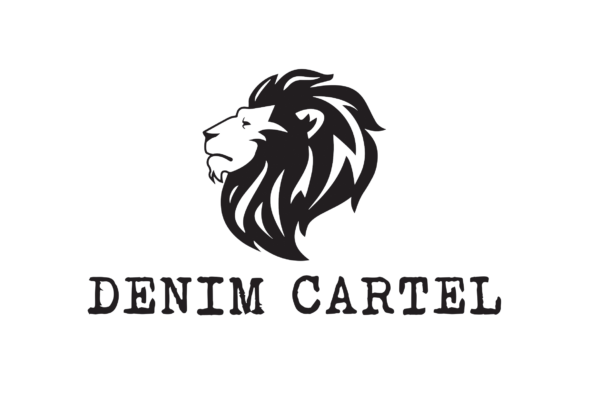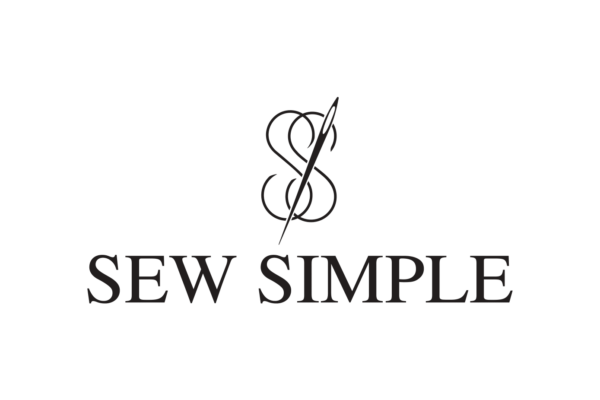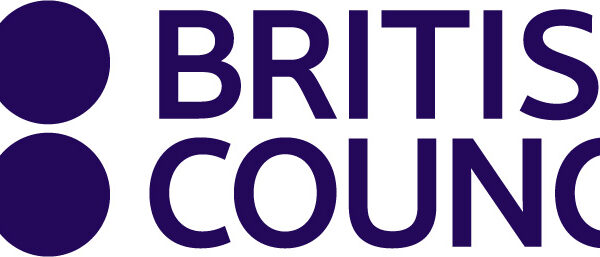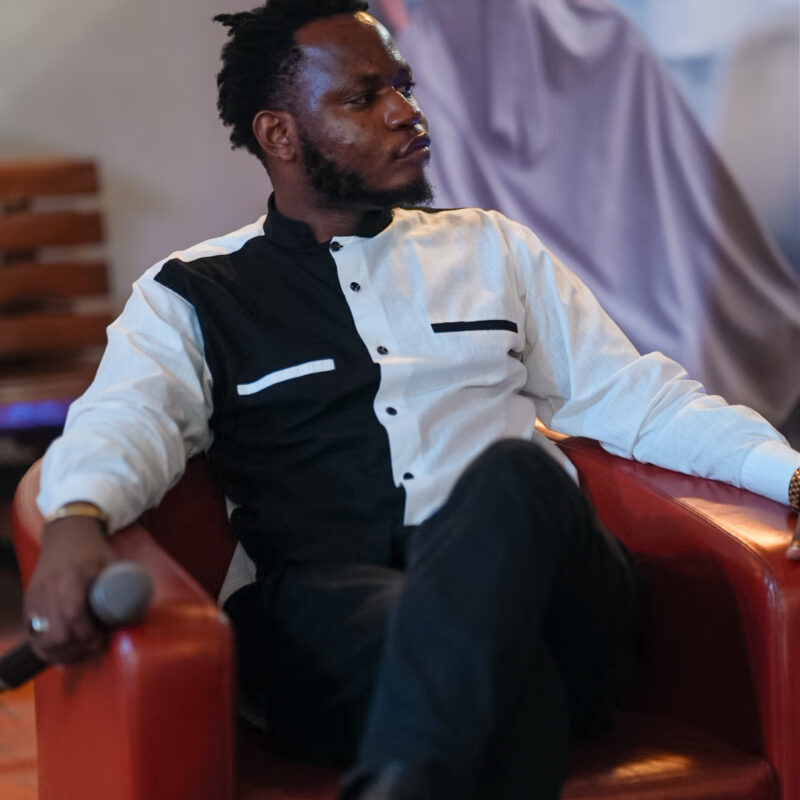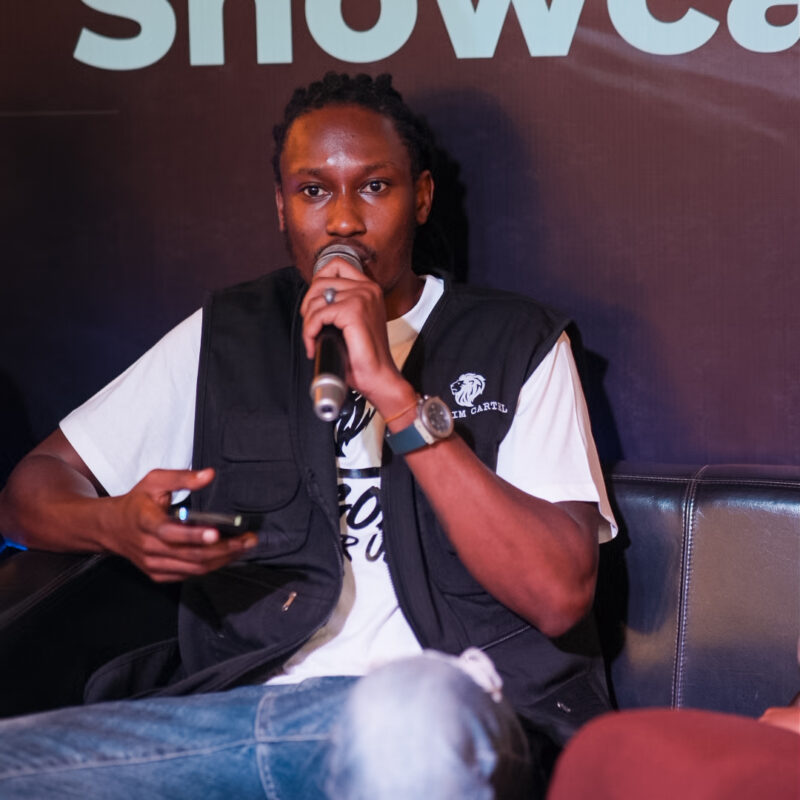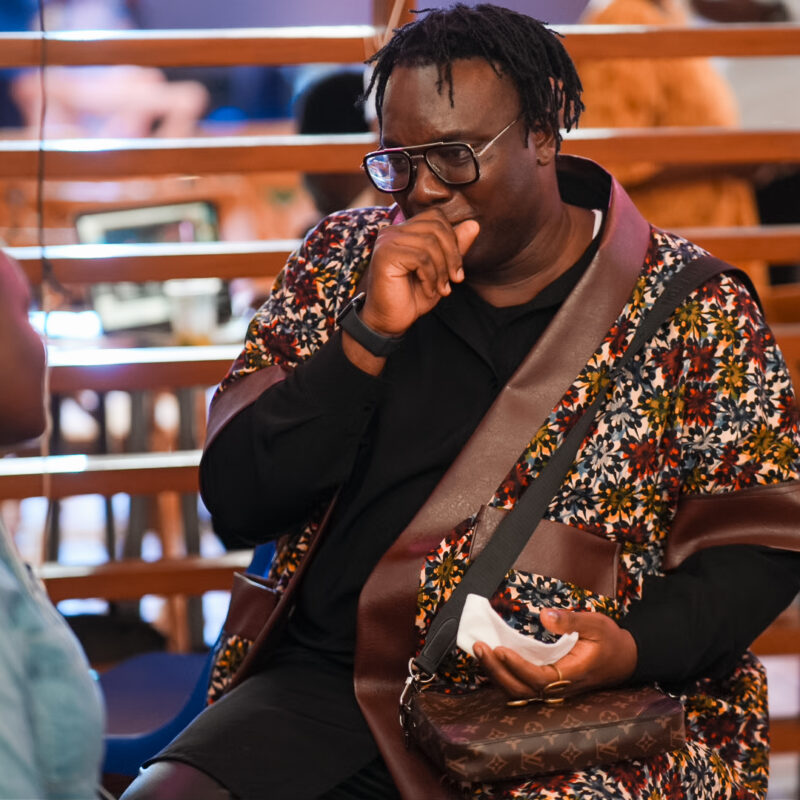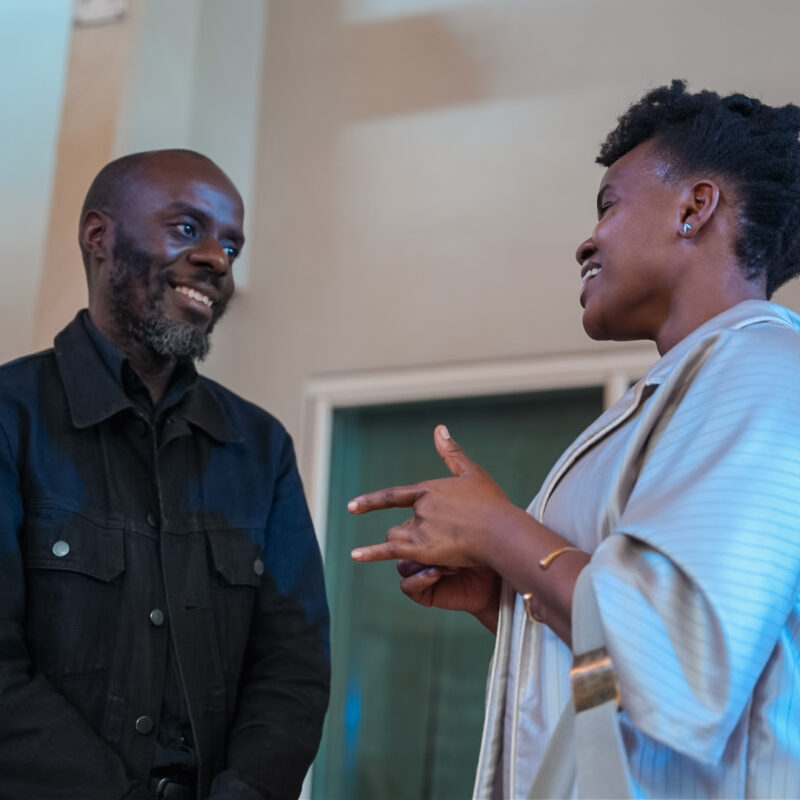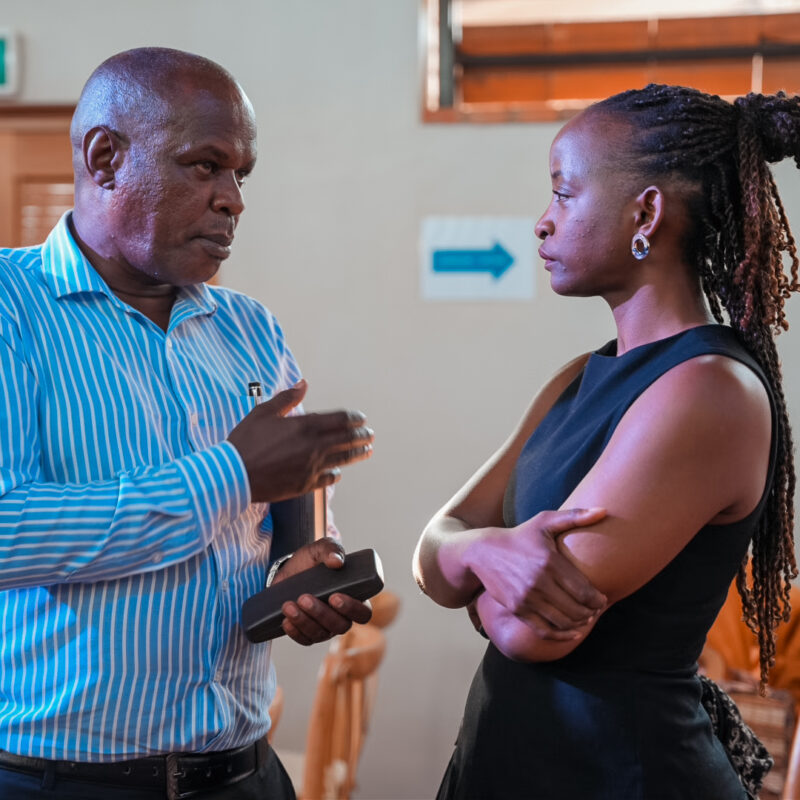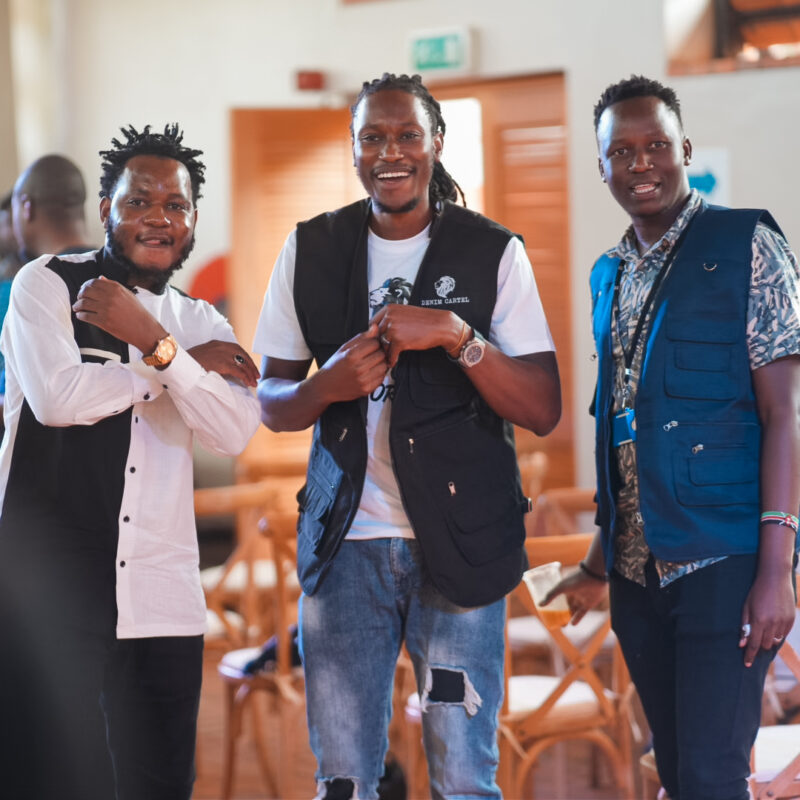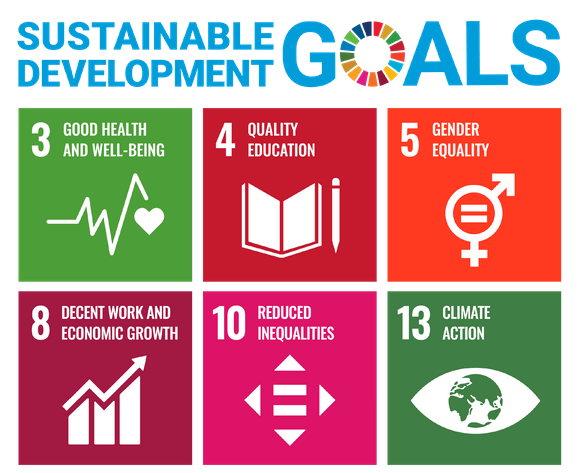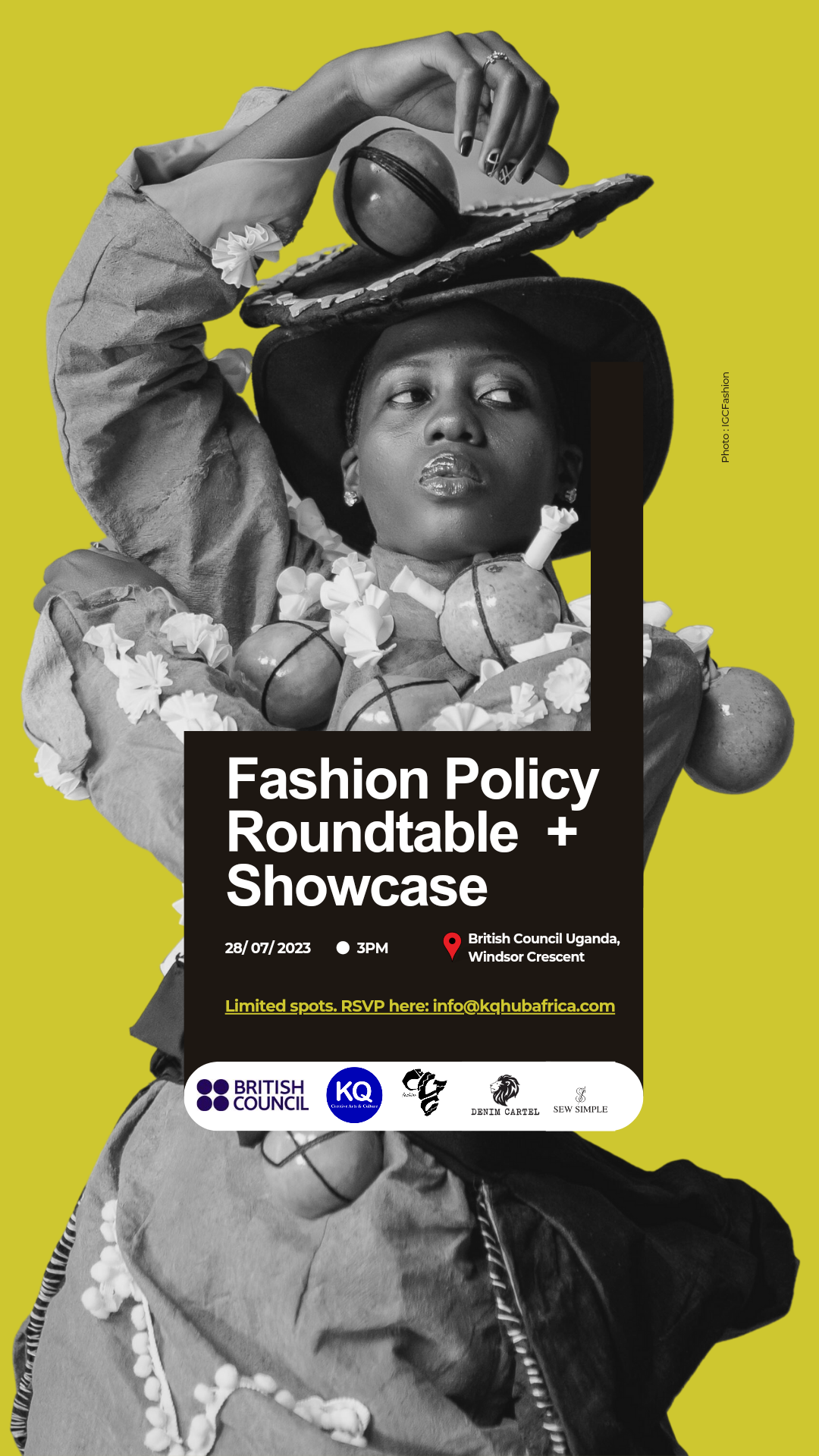
The British Council in partnership with KQ Hub Africa and IGC Fashion will host a Fashion Policy Round-table and showcase to explore the future of sustainable fashion practices and how to support a robust policy framework that enables the success of local fashion designers and businesses.
The fashion industry in Uganda, like in many other parts of the world, has faced various challenges related to sustainability and environmental impact. Fast fashion, mass production, and exploitative labor practices have been prevalent, leading to significant social and environmental consequences. However, there is a growing global movement towards sustainable fashion practices that prioritize ethical sourcing, fair trade, waste reduction, and the use of environmentally friendly materials.
In recent years, Uganda has seen a rise in awareness and efforts towards sustainable fashion. Local designers and entrepreneurs have begun incorporating Eco-friendly practices into their businesses, promoting traditional craftsmanship, and embracing sustainable production methods. However, there is still a need for broader systemic changes and policy support to create a more sustainable and inclusive fashion industry in the country.
Overall Objective of the Dialogue.
The objective of the Policy Round-table on Sustainable Fashion practices in Uganda is to bring together
key stakeholders, including policymakers, fashion industry representatives, designers, academics, and activists, to discuss and develop strategies for re-imagining the fashion industry in Uganda. The round-table aims to share insights and influence policymakers, ensuring opportunities are open to diverse communities to build successful sustainable businesses and support the local fashion industry in Uganda.
The event will be augmented with a pop-up showcase of some of Uganda’s rising fashion brands including collections from Denim Cartel, Sew Simple, IGC Fashion
Key Discussion Points
- Sustainable Fashion Practices: In this section, we will be highlighting the importance of sustainable fashion practices, including ethical sourcing, fair trade, waste reduction, and the use of environmentally friendly materials. Discussing successful examples and best practices from around
the world. - Policy Framework: Identifying gaps in existing policies and regulations related to the fashion industry in Uganda Discussing the potential for incentives and support mechanisms for sustainable fashion businesses.
- Education and Awareness: Emphasizing the need for education and awareness campaigns to promote sustainable fashion practices among consumers, designers, and industry stakeholders. Discussing strategies for integrating sustainability into fashion education curricula and raising awareness about the social and environmental impacts of the fashion industry.
- Supporting Local Talent: Recognizing and supporting the work of local designers, artisans, and craftspeople. Exploring ways to provide resources, training, and market access to empower local communities and promote sustainable livelihoods.
- Collaboration and Partnerships: Highlighting the importance of collaboration and partnerships among different stakeholders, including government agencies, industry associations, non-governmental organizations, and academia. Discussing opportunities for cross-sectoral collaboration to drive sustainable change in the fashion industry.
By addressing these key discussion points and engaging with policymakers, the Policy Round-table aims to create a conducive environment for sustainable fashion practices in Uganda. Through education, awareness, showcase, and policy influence, the round-table seeks to contribute to the development of an innovative and regenerative fashion industry that benefits both the local communities and the environment.
About the British Council
The British Council is the UK’s international organization for cultural relations and educational opportunities. We build connections, understanding, and trust between people in the UK and other countries through arts and culture, education, and the English language. Last year we reached over 80
million people directly and 791 million people overall including online, broadcasts and publications. Founded in 1934, we are a UK charity governed by Royal Charter and a UK public body. We receive a 15 percent core funding grant from the UK government.
About KQ Hub Africa
A non-profit Media, Art and Culture organization + creative studio working with and for young people to shape the future of contemporary Arts & Culture scene in Uganda. We work with the next generation of young cultural and artistic movers from across visual, performing & digital arts — to inform, inspire and co-create new artistic & cultural experiences. We connect with this generation of cultural movers, creative geniuses, activists, researchers and thought leaders to identify the impactful ideas and trends that are coming next for our partners.
About IGC Fashion
IGC Fashion is a Ugandan streetwear label based in Kampala that draws inspiration from African tradition, heritage, and culture. The brand combines the art of ancient African fashion with modern urban architecture and a unique design aesthetic to create experimental shapes and patterns. IGC uses natural and indigenous materials, such as Nsimbi (cowrie shells) and Lubugo (barkcloth), and second-hand garments as fabrics to create sustainable and eco- friendly clothing. The brand is committed to using fashion as a tool for positive social change and regularly holds community fashion outreach programs and an annual sustainable fashion event called “Kwetu Kwanza.” IGC Fashion is dedicated to promoting a more sustainable fashion future without negative social and environmental impacts.
